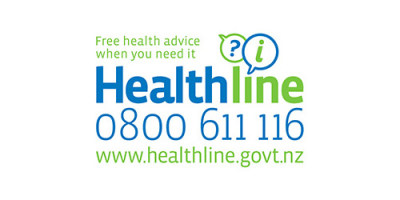Our governance structure
Our Executive Leadership Team
| Name | Position |
|---|---|
| Lexie O'Shea | District Director |
| Dr Elizabeth Wood | Chair Clinical Governance Group |
| Dr Steve Low | Interim Chief Medical Officer |
| Gaylene Corlett | Executive Assistant to CEO, Chair and Board |
| Sandy McLean-Cooper | Director of Nursing and Midwifery |
| Hilary Exton | Director Allied Health |
| Pat Davidsen | General Manager Clinical Services (interim) |
| Cathy O'Malley | General Manager Strategy, Primary and Community |
| Eric Sinclair | General Manager Finance and Performance |
| Kirsty Martin | General Manager IT |
| Trish Casey | General Manager People and Capability |
| Jane Kinsey | General Manager Mental Health, Addictions and Disability Support Services |
Page last updated: 12/09/2023





